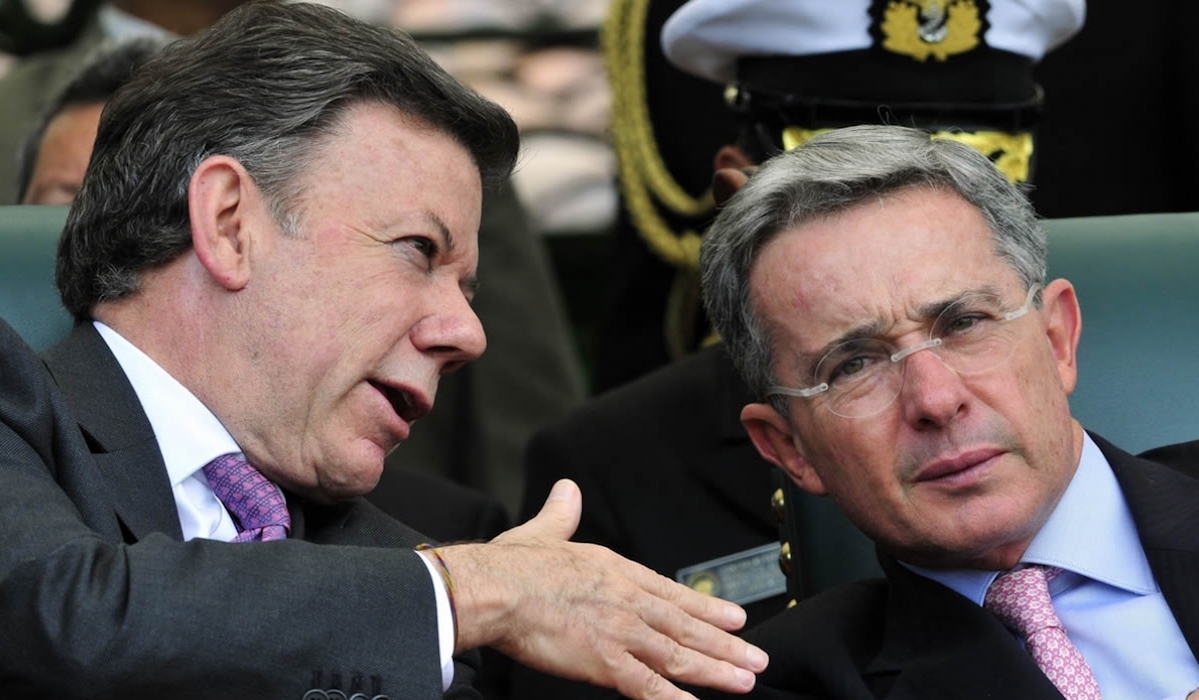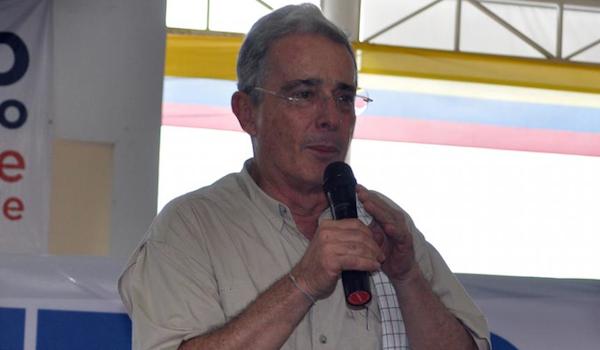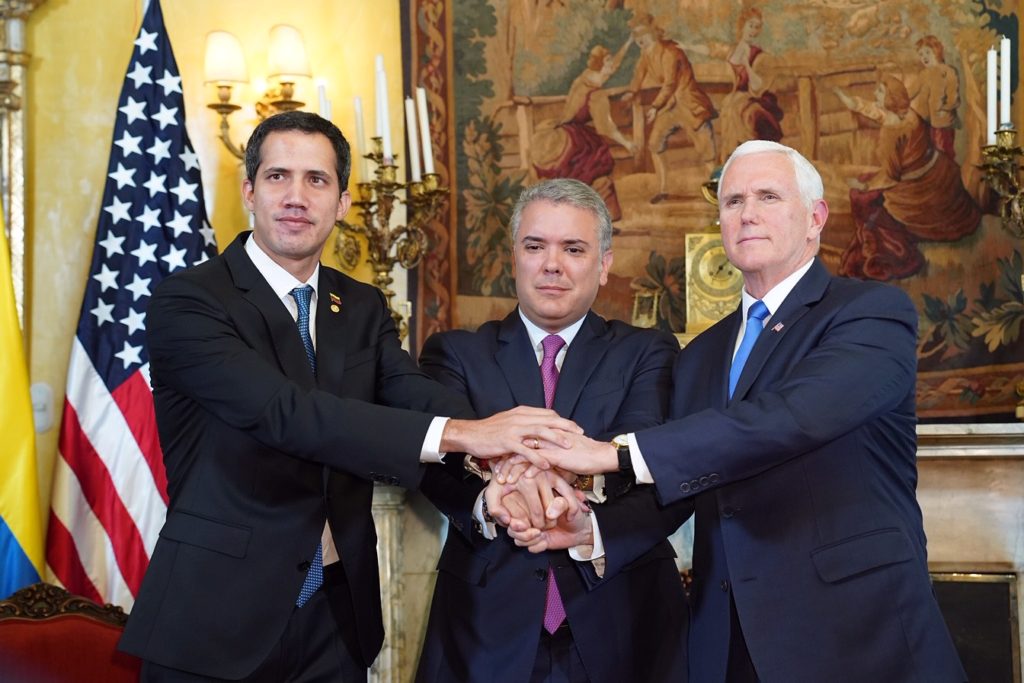Last Tuesday, former Colombian president and standing senator Álvaro Uribe Vélez visited Medellín’s “Comuna 13” to mark one year since the country rejected the Havana Accords with the FARC terrorist group in a nationwide referendum. The referendum, which indicated that the Colombian people did not wish to move forward with the agreement, was ignored by Colombian President Juan Manuel Santos, who implemented the agreement without popular support. He had previously said that he would consider the referendum binding and comply with the results.
During his visit, Uribe criticized presidential candidates who have now come out against the accords.
“Beware of the allies of the government who are now practicing electoral opportunism after previously supporting the government and their accord with the FARC. Now they are backing off the decision in order to deceive the people and obtain votes for 2018 elections. Let’s not be deceived by Santos, by the FARC, and last but not least, by all those Santos’ allies who have now turned their backs on him”, Uribe said angrily at the rally.
Several candidates and former allies of Santos have recently criticized the president and come out against several measures within the accords, including centrist candidate Juan Carlos Pinzón and Radical Change party candidate Germán Vargas Lleras.
Uribe, however, said that he was not just referring to Pinzón and Vargas, but also to Claudia López from the country’s Green Party and independent Sergio Fajardo, who currently leads in presidential polling.
“Dr. Claudia López and the former governor of Antioquia come to Medellín to tell people that they will fight against corruption. But they don’t tell people that they supported Juan Manuel Santos’ corrupt government”, Uribe said.
The 2016 Havana Accords remain widely unpopular in Colombia. The accords have resulted in clemency for more than 700 FARC criminals, including some who were already convicted and serving time in prison. The accords also guaranteed the former terrorist group 10 seats in the country’s congress through 2024, monthly cash stipends and additional cash for new business ventures. The FARC were not required to surrender any of the cash that they gained from their decades of narcotrafficking within the country.
Many of the FARC members who were granted amnesty under the agreement are still wanted by the United States government, who seek their extradition.







